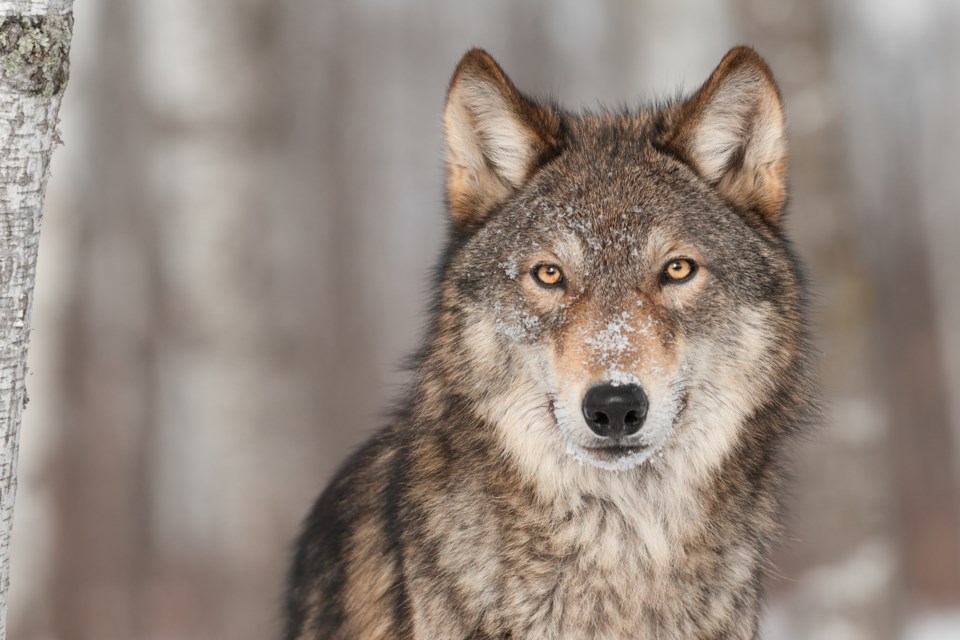Editor’s note: This story was originally published by Colorado News Connection.
DENVER -- Wildlife advocacy groups are pledging to fight a decision by the Trump administration to strip Endangered Species Act protections for gray wolves in the lower 48 states. Opponents say federal officials are relying on limited information.
Last week's decision effectively shifts wolf management responsibilities to individual states, opening the door to the resumption of wolf hunts.
John Murtaugh, Rocky Mountain and Great Planes representative for Defenders of Wildlife, said while the general wolf population has rebounded in North America, other factors aren't being considered.
"The habitat for gray wolves is less than 15% of their historic range in the United States," Murtaugh explained.
He said that means it's difficult for the animals to travel and establish new habitats.
He added the decision also didn't take into account the effect of climate change on wolves and their natural surroundings.
The move comes ahead of Tuesday's election on which Colorado voters will decide on Proposition 114, a ballot question that asks whether the state should take on a reintroduction plan.
The U.S. Fish and Wildlife Service said the gray wolf has exceeded all conservation goals for recovery.
While some observers say the decision should have little bearing on the process behind Colorado's plan should it win approval, Murtaugh said it could create complications in trying to add more wolves to the region.
"In the state of Wyoming right now, this new decision has no impact because wolves already are considered delisted in the state of Wyoming," Murtaugh said. "But if we add states like Utah to that mix, however, it's going to make it even more difficult for wolves to make it to states like Colorado on their own."
He pointed to hunters and ranchers, who say they need the legal authority to kill wolves who attack their livestock or wild game animals such as elk.
The federal government estimates the nation's current wolf population is around 6,000, with most of them in the Great Lakes and Northern Rockies regions. Not many are in Colorado, and Murtaugh said his group and other conservation organizations will challenge the decision in court.


.jpg;w=120;h=80;mode=crop)
